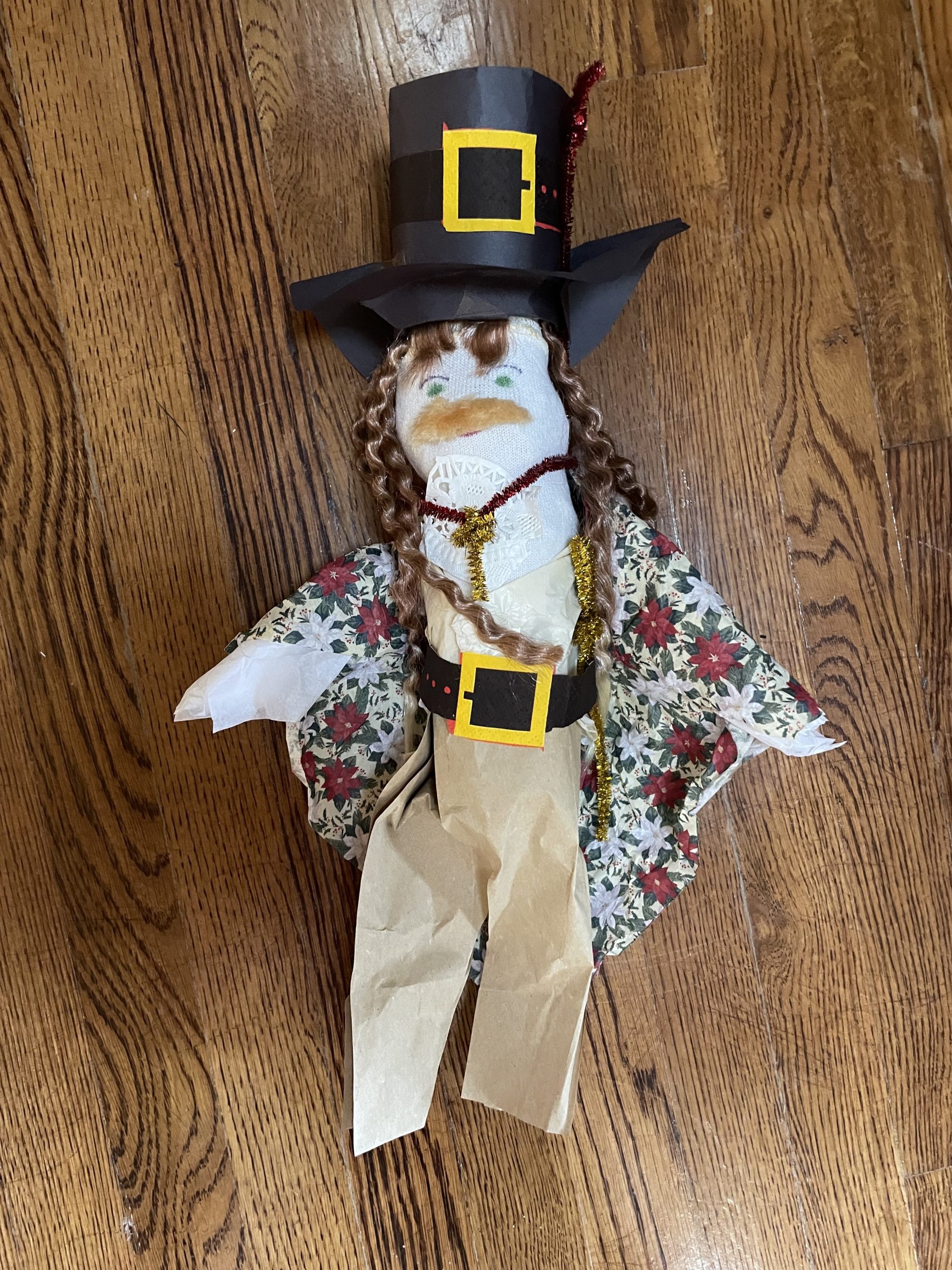All over Britain tonight there will be bonfires, fireworks, the burning of effigies, the eating of treacle toffee and a cake called parkin and generally a lot of fun will be had in communities across the islands. This jingle will be chanted.
Remember, remember, the Fifth of November
Gunpowder treason and plot
I see no reason why gunpowder treason
Should ever be forgot
Bonfire Night exists in the UK as a way to celebrate the failure of Guy Fawkes when he tried to assassinate King James I, while attempting to blow up the Parliament at Westminster.

This happened in 1605, and people have been celebrating Bonfire Night ever since. What happened at that time is that there was a lot of anger against the king, since many considered he was intolerant against the Catholics.
Guy Fawkes, also known as Guido Fawkes while fighting for the Spanish, was a member of a group of provincial English Catholics involved in the failed Gunpowder Plot of 1605. Fawkes converted to Catholicism and left for mainland Europe, where he fought for Catholic Spain in the Eighty Years’ War against Protestant Dutch reformers in the Low Countries. He travelled to Spain to seek support for a Catholic rebellion in England without success. He later met Thomas Wintour, with whom he returned to England. Wintour introduced him to Robert Catesby, who planned to assassinate King James I and restore a Catholic monarch to the throne. The plotters leased an undercroft beneath the House of Lords; Fawkes was placed in charge of the gunpowder that they stockpiled there. The authorities were prompted by an anonymous letter to search Westminster Palace during the early hours of 5 November, and they found Fawkes guarding the explosives. He was questioned and tortured over the next few days and confessed to wanting to blow up the House of Lords.
Fawkes was sentenced to be hanged, drawn and quartered. However, at his execution on 31 January, he died when his neck was broken as he was hanged, with some sources claiming that he deliberately jumped to make this happen; he thus avoided the agony of his sentence. He became synonymous with the Gunpowder Plot, the failure of which has been commemorated in the UK as Guy Fawkes Night since 5 November 1605.
Despite the fact that its origins are sinister in nature, over the years Bonfire Night has become a community-focused event.
The focus is on having fun, which is why the celebration was rebranded at the beginning of the 20th century by firework manufacturers to Bonfire Night or the Fireworks Night.
I’ll be hosting a gathering for British people in Virginia this evening and instead of a massive pile of lumber we’ll settle with a firepit – but I did make a small effigy of Guy Fawkes to burn. This year, given the flammable materials I had to hand, he turned out rather flamboyant – and ginger!

